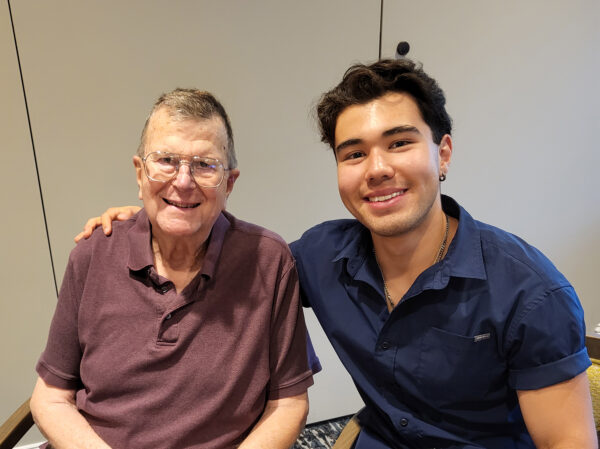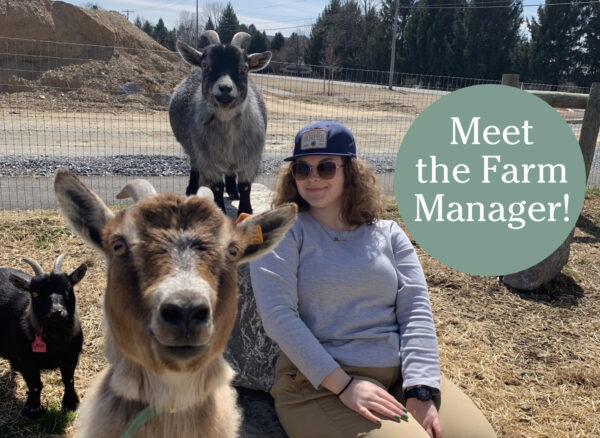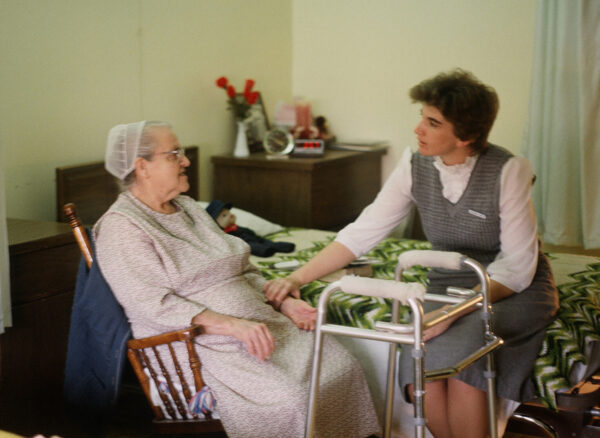Few transitional periods in life are marked quite as notably as retirement. With this incredible life shift comes new opportunities, new freedoms, and the chance to reimagine life in your golden years.
It also marks a time when, for most adults, their health and long-term wellbeing become more significant factors in life’s major decisions, including where to live in retirement. The desire of many older adults to age in their home rather than a nursing home is a big driver of a societal shift towards choosing to become a part of what we call a “Life Plan Community.”
Life Plan Communities Create a Bridge Between Independent Living and a Continuum of Care.
Being a part of an active, engaged senior community that also gives you access to high-quality care services right on campus is one of the many reasons older adults are choosing to retire in life plan communities like Pleasant View.
A continuum of care model gives seniors the care they need at each stage of life, from support with daily tasks as they live independently to more specialized, long-term care and memory support.
The real beauty of living in a life plan community with a continuum of care approach, though, is that whatever level of care you need, you’re always home.
Care Along the Continuum
Above all else, life plan communities exist to care for the physical, emotional, mental and spiritual wellbeing of seniors through each stage of life. As our residents’ health needs progress, a thorough continuum of care provides the support and services that help them live independently in their homes for as long as possible.
Here’s how the continuum of care breaks down to address each stage of senior living.
The first level of care along the care continuum is Residential Living. When you join one of our residential living accommodations, whether you choose a loft, apartment or cottage, we take care of the house cleaning, maintenance and all of the responsibilities that usually come with a home. In turn, you have more time to enjoy life and spend it however you choose.
Free from so many of life’s constraints, Pleasant View residents who enjoy residential living are some of our most active members both inside of the Pleasant View community as well as in the broader community.
This level of community involvement, including all of the social opportunities that are possible at this stage of the care continuum, supports the mental health and wellbeing of all of our residents, keeping them truly young at heart.
Further down the continuum of care is what we at Pleasant View call Personal Care. As a caregiver, when your parent starts to need extra support with daily tasks like cooking, medications, or house cleaning, personal care support can go a long way in allowing them to continue to live independently.
And, it’s the ability to continue to age in place that makes personal care so incredible for not only our residents but for their caregivers as well.
The stress and overwhelm of being a caregiver are often matched by the fear older adults experience if they perceive themselves as a burden. Inviting a personal care professional into their lives lets our residents and their families focus on enjoying quality time together.
Aging at home versus in a skilled nursing facility may look like two points on opposite ends of the care continuum. And yet, having a vibrant resident community has allowed us to successfully bring these stages of life closer together.
That’s because when our residents get to the point of needing Skilled Nursing Care, they receive the care they need while remaining just as much a part of our community as ever. They have access to incredible care without having to leave the community they call home.
As we age, memory challenges can give way to dementia or dementia-related illnesses that require compassionate, individualized care. Within memory care there is a sub-continuum of services supporting the progressing needs of our residents’ cognitive abilities as they age.
Memory Care services provide our residents with mild memory impairment support with daily tasks so they can stay active, vibrant members of community life.
As more care is required, residents can choose to move to our apartment suites dedicated to more intensive Cognitive Care. We keep our residents active while offering activities for them to stay engaged in the community, socialize and stimulate mental and physical activity.
And, if our residents’ care needs progress to the point where specialized services are required to treat diseases that affect memory, like Alzheimer’s Disease, our Specialized Care approach treats the symptoms of their disease while encouraging life’s happiest memories to resurface.
Our memory care specialists at Pleasant View care for the families of our residents as well, offering them support and resources, and creating ways for them to maintain an active role in caring for their loved one without having to go it alone.
Much of the care seniors need is a result of the normal effects of aging that progress slowly over time. When one of our residents has an unexpected illness or undergoes surgery, however, their needs become much more urgent. This is where Rehabilitation Services enter the care continuum.
The goal of our rehabilitation services is to get patients onto a sustained path to recovery so they can return home. And, we provide service at our outpatient therapy suite on campus, so even if their rehabilitation care keeps them temporarily away from home, they never have to leave the community.
We welcome you and your loved ones to visit Pleasant View Communities and see how our continuum of care and our vibrant community work together to bring health and happiness to our residents in retirement. Contact us to learn even more and to schedule a time to visit us at Pleasant View.




